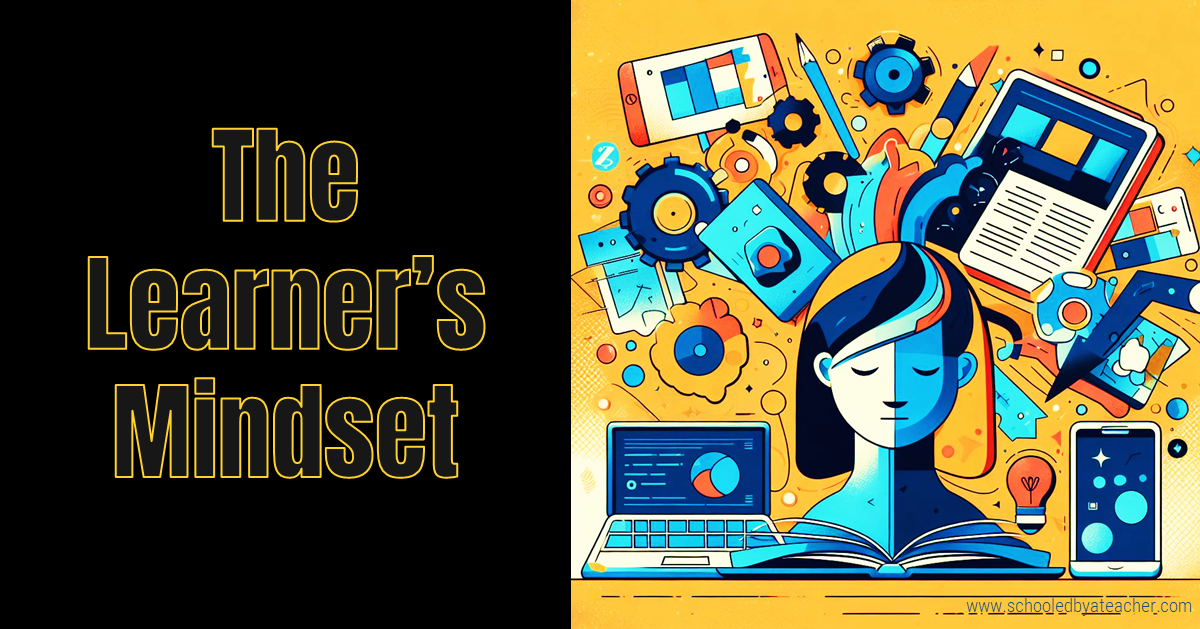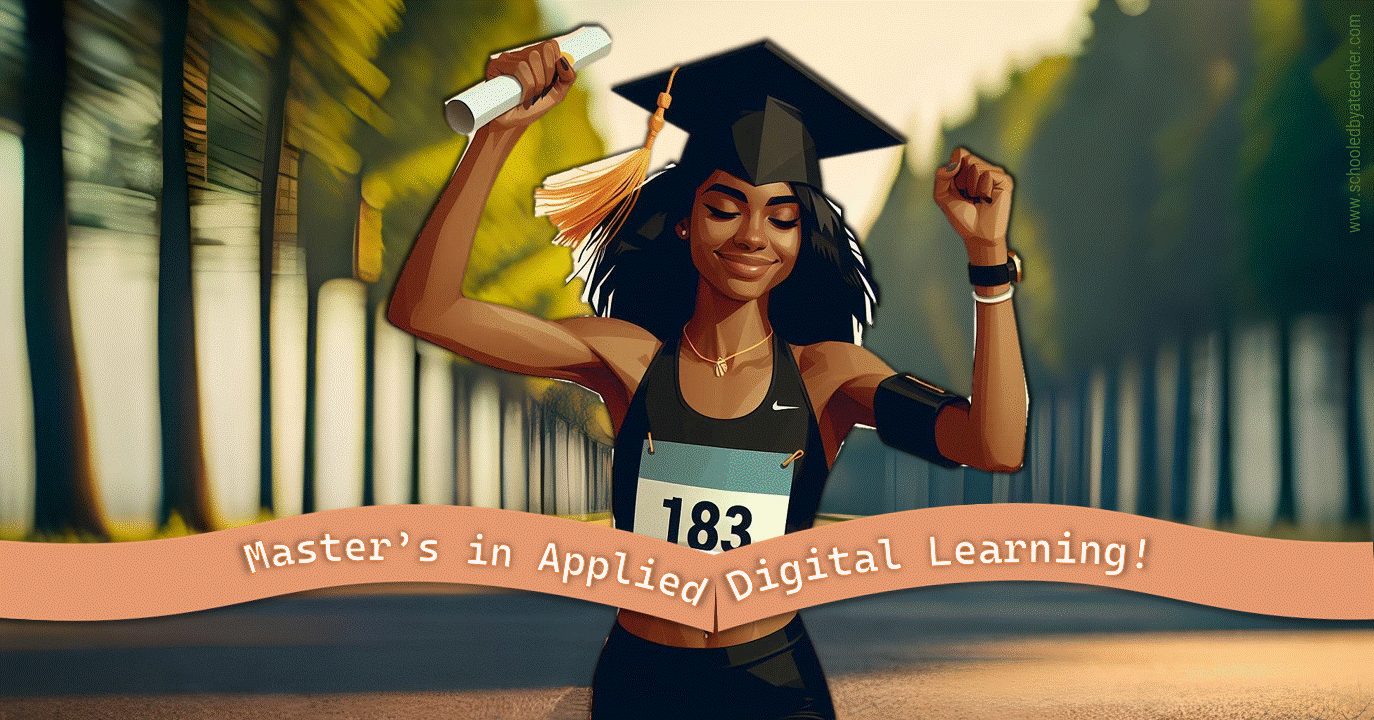“The most important attitude that can be formed is that of desire to go on learning.”
– John Dewey, Experience and Education
Learning is a natural and lifelong process that involves the interaction of an individual with him or herself, their immediate environment, and the larger society to which they belong. From the moment we are born, we begin to learn and develop our own unique interests and perspectives. We learn about the world around us through our senses, our interactions with others, and our own experiences. As we grow older, we learn more complex concepts and skills from others or on our own accord both formally and informally.
However, learning is not only the acquisition of knowledge and skills, but also the development of attitudes, values, and beliefs that shape one’s worldview and behavior. Learning is influenced by a range of factors, including motivation, emotion, culture, context, and prior experiences. As John Dewey states in the book Experience and Education, “The principle of continuity of experience means that every experience both takes up something from those which have gone before and modifies in some way the quality of those which come after,” (Dewey, 1938, p. 48). These experiences and other factors affect how a learner perceives, interprets, and responds to the information and situations they encounter, and how they relate to themselves and others.
As a learner, I have the potential and the responsibility to learn and grow throughout my life. From learning for leisure to learning for professional development, I value learning opportunities that enhance or challenge my existing knowledge, skills, and attitudes. Additionally, I value curiosity, diversity, creativity, and critical thinking as essential qualities for learning.
My preferred ways of learning are through various sources, such as books, articles, video tutorials, podcasts, and online courses, as well as from other people, such as peers and experts. Rather than learning by memorizing, repeating, and testing of topics that do not serve an immediate or long-term use, I prefer to learn by doing, experimenting, and reflecting on topics that are relevant to my life, can address an issue, or solve a problem. I should note though that if a random topic sparks my curiosity, I will seek out more information about it just for the sake of satisfying my need to know more. I believe that learning is not only a means to an end, but also an end in itself because it enriches my life and empowers me to contribute to the world in my own little way.
Learning Theories Which Have Influenced My Learning Philosophy
Among the various learning theories that have been established, and from a classical standpoint, I identify a great deal with the Constructivist approach, which views learning as an active and creative process of constructing meaning from one’s experiences. Constructivism emphasizes the role of the learner as an agent who actively engages with the world and constructs their own understanding and knowledge. Constructivism also recognizes the diversity and complexity of learners and their contexts, and advocates for learner-centered, authentic, and meaningful learning experiences (Ertmer & Newby, 2013). Some of the main theorists of Constructivism are Jean Piaget, John Dewey, Lev Vygotsky, and Jerome Bruner.
To a lesser degree, I also see the benefits of focusing on the mental processes that underlie learning, such as processing, organizing, storing, and retrieving information as with Cognitivism. Cognitivism, which is mainly attributed to Jean Piaget, analyzes how learners use cognitive strategies and metacognition to enhance their learning, and how they use prior knowledge, schemas, and mental models to construct new knowledge. Cognitivism also emphasizes the role of instruction and feedback in guiding and supporting learners’ cognitive processes, and the need for learners to organize, integrate, and apply their knowledge in different contexts and situations (Ertmer & Newby, 2013; Kurt, 2023).
From a more modern perspective, I also appreciate Connectivism, which is a learning theory introduced in 2005 by George Siemens and Stephen Downes that emphasizes that learning occurs through the formation and use of connections among nodes of information, people, and resources in a networked world. Connectivism emphasizes the diversity, complexity, and abundance of information and knowledge in the digital age, and the need for learners to develop skills and strategies to access, evaluate, and apply them in meaningful ways. Connectivism also highlights the social and collaborative nature of learning, and the importance of digital technologies, such as social media, online communities, and blogs, in enabling learners to create, share, and exchange information and knowledge (Siemens, 2005; Downes, 2007). I agree with connectivism that learning is not only a personal and individual process, but also a collective and distributed one, and that learners need to be able to connect and interact with others and with various sources of information in order to learn effectively and efficiently.
Innovation and My Learning Philosophy
My innovation plan is to implement a technology-enhanced project-based learning (TEPBL) program for newcomer emergent bilingual students, which aims to provide them with authentic and engaging learning experiences that foster their language, academic, and socio-emotional development. This approach integrates technology, content, and language learning through meaningful and collaborative projects that address real-world problems or issues. TEPBL is aligned with my learning philosophy and the learning theories of constructivism, cognitivism, and connectivism, because it allows learners to use:
- Their prior knowledge, experiences, and interests to explore and investigate a topic or problem of their choice.
- Their home languages and English, as well as translanguaging strategies, to express their ideas, opinions, and arguments, and to develop their bilingual and biliterate skills.
- Various sources of information, such as books, articles, journal entries, videos, audio recordings, and more to research and learn about the topic or problem.
- Digital tools, such as Google Docs, Slides, Forms, and Sites, and other web-based tools to create, share, and present their projects.
- Online communities, and blogs, to communicate, collaborate, and receive feedback from their peers and teachers.
- Cognitive strategies and metacognition, such as planning, monitoring, and evaluating, to enhance their learning and project outcomes.
Teaching vs. Learning
Teaching and learning are interrelated and interdependent processes that require mutual respect, trust, and collaboration. Teaching is not the transmission of knowledge from the teacher to the learner, but the facilitation of learning by creating a supportive and stimulating environment, providing guidance and feedback, and fostering inquiry and discourse. Teaching is also a learning process, as teachers constantly reflect on their practice, adapt to the needs and interests of their learners, and engage in professional learning themselves.
Given this, the difference between a learning philosophy and a teaching philosophy is that a learning philosophy focuses on the learner and the learning process, while a teaching philosophy focuses on the teacher and the teaching process. Moreover, a learning philosophy can be influenced by a variety of factors, such as one’s own personal experiences as a learner, one’s understanding of cognitive psychology, and one’s values and beliefs about education. A teaching philosophy, on the other hand, is typically developed in response to the specific needs of the learners that a teacher is working with. However, I also think that a learning philosophy and a teaching philosophy are closely related and complementary, as they both inform and influence each other.
Annotated Bibliography
Becton, L. (2023). 15 Learning theories in education (a complete summary). Education Corner. https://www.educationcorner.com/learning-theories-in-education/
This webpage provides a brief overview of the main learning theories in education, such as behaviorism, cognitivism, constructivism, humanism, and connectivism. It also explains the key concepts, principles, and applications of each theory, and provides some examples of how they can be used in the classroom. This webpage is useful for anyone who wants to learn about the different perspectives and approaches to learning, and how they can influence teaching and learning outcomes. However, it does not go into much depth or detail about each theory and does not provide references therefore, this webpage should only be used as a general introduction.
Dewey, J. (1938). Experience and education. Kappa Delta Pi. https://www.schoolofeducators.com/wp-content/uploads/2011/12/EXPERIENCE-EDUCATION-JOHN-DEWEY.pdf
Experience and Education is a classic and influential work by John Dewey, one of the most prominent and respected philosophers and educators of the 20th century. It presents Dewey’s views on the nature and purpose of education, and the relationship between experience and education. It also critiques the traditional approach to education in favor of a more progressive approach that is based on the child’s interests and experiences and explains how teachers can help students form a clear learning purpose. This book helped me appreciate the wisdom and vision of Dewey in redefining the role of the teacher from transmitter of knowledge to facilitator of learning, and I adopted a quote from this book as a motto of sorts for my learning philosophy.
Downes, S. (2007). An introduction to connective knowledge. Media, Knowledge & Education: Exploring new Spaces, Relations and Dynamics in Digital Media Ecologies. Innsbruck University Press, (pp. 77-102). https://www.researchgate.net/publication/248290359
In his writing, Downes introduces and explains the concept of connective knowledge, a type of knowledge that is created and shared through connections among nodes of information, people, and resources in a networked world. Downes argues that connective knowledge is different from qualitative and probabilistic knowledge, which is based on facts, rules, and principles. He discusses that connective knowledge is based on interactions people have which then leads to perceptions and interpretations. He also relates connectivism to various concepts ranging from associationism and distribution to different types of knowledge and networks. This text is useful for anyone who wants to learn about the theoretical foundations and applications of connectivism, a learning theory that emerged in response to the changes and challenges of the digital age.
Ertmer, P. A., & Newby, T. J. (2013). Behaviorism, cognitivism, constructivism: Comparing critical features from an instructional design perspective. Performance Improvement Quarterly, 26(2), 43-71. https://www.researchgate.net/publication/229494297
This article provides a comprehensive and comparative overview of the three major learning theories: behaviorism, cognitivism, and constructivism. It also discusses the implications of these theories for instructional design and suggests some guidelines for selecting and applying the appropriate theory for different learning situations. Reading portions of this article helped me understand the main features, strengths, and limitations of each classical theory, and to identify the theories that best matches my learning philosophy and innovation plan.
Kurt, S. (2023). Cognitivism learning theory, strategies and examples. Educational Technology. https://educationaltechnology.net/cognitivism-learning-theory-strategies-and-examples/
This article provides a comprehensive and accessible introduction to the cognitivism learning theory, its history, principles, and applications. It also offers some examples and strategies of how cognitivism can be used to improve the learning experience. Although there are many other related articles on this website, this one helped me deepen my knowledge and understanding of the cognitivism theory, especially its main theorists and concepts.
Siemens, G. (2005). Connectivism: A learning theory for the digital age. International Journal of Instructional Technology and Distance Learning, 2(1), 3-10. https://jotamac.typepad.com/jotamacs_weblog/files/connectivism.pdf
This journal article introduces and explains the concept of connectivism, a learning theory that emerged in response to the changes and challenges of the digital age. It argues that connectivism is more suitable and effective than the traditional learning theories for the current and future learners, who need to cope with the abundance, complexity, and diversity of information and knowledge in a digitally networked society. It also briefly touches on the implications of connectivism in different aspects of life. This article helped me to discover and explore a more modern and innovative learning theory that resonates with my learning philosophy and my innovation plan.





